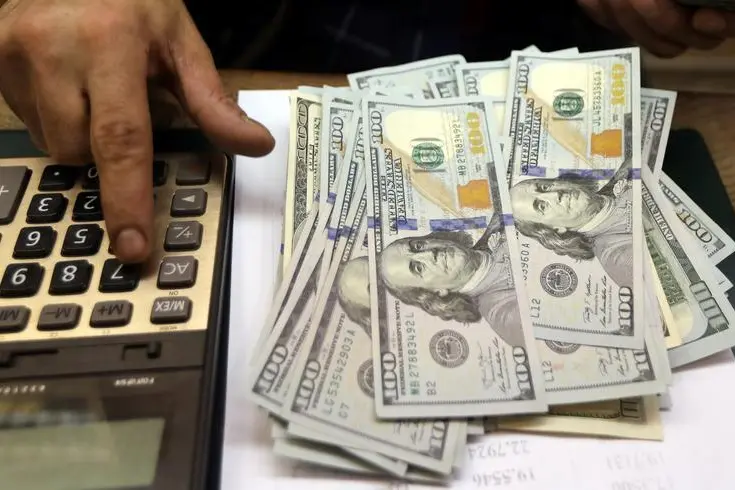PHOTO
SINGAPORE - The dollar eased on Friday but remained near a two-month high against its major peers, buoyed by expectations that U.S. interest rates could remain higher for longer.
Debt ceiling negotiations between U.S. President Joe Biden and top congressional Republican Kevin McCarthy also continued to cast a shadow over the market mood, though news that the two are closing in on a deal aided investor sentiment and caused the greenback to pause its recent rally.
The dollar edged away from a six-month high against the yen in Asia trade and last stood at 139.77, having reached 140.23 yen in the previous session, its highest since November.
Against a basket of currencies, the U.S. dollar slipped 0.13% to 104.09, just off Thursday's two-month high of 104.31.
The index was, nonetheless ,on track for a third straight weekly gain of more than 0.8%, as traders ramped up their expectations of how much further rates could rise in the United States.
"Recent moves in currencies have been mainly driven by a sharp repricing of FOMC policy," said Carol Kong, a currency strategist at Commonwealth Bank of Australia (CBA).
Money markets are now pricing in a 40% chance that the Federal Reserve will deliver another 25-basis-point rate hike at its policy meeting next month, while expectations that the Fed will begin cutting rates later this year have been scaled back.
Data released on Thursday showed that the number of Americans filing new claims for unemployment benefits increased moderately last week to 229,000, coming in lower than expectations.
The British pound and the euro were struggling to recoup their losses against a stronger dollar.
Sterling gained 0.13% to $1.2337, though it was still headed for a weekly loss of more than 0.8%. The euro rose 0.15% to $1.0741, but was not far from its two-month low of $1.0708 hit in the previous session.
The single currency was also weighed down by confirmation that Europe's largest economy Germany slipped into a recession in early 2023.
CHINA'S RECOVERY STALLS
Among other currencies, the Aussie was last 0.22% higher at $0.6520. It slumped to a more than six-month low of $0.6490 earlier in the session, further pressured by China's faltering post-COVID economic recovery.
"Data in the near-term for China will remain pretty weak and continue to point to a soft consumption recovery," said CBA's Kong. "That will be another weight to the Aussie."
The Australian dollar is often used as a liquid proxy for the Chinese yuan.
The kiwi rose 0.15% to $0.6071, though it was headed for a weekly loss of more than 3%, its largest since September, after the Reserve Bank of New Zealand earlier this week stunned markets by signalling it was done tightening.
China's yuan rebounded from a near six-month low against the dollar as some major state-owned banks sold the U.S. currency to prevent the yuan from sinking further.
"General renminbi depreciation is back in play," said Alvin Tan, head of Asia FX strategy at RBC Capital Markets.
(Reporting by Rae Wee; Editing by Christian Schmollinger and Kim Coghill)





















